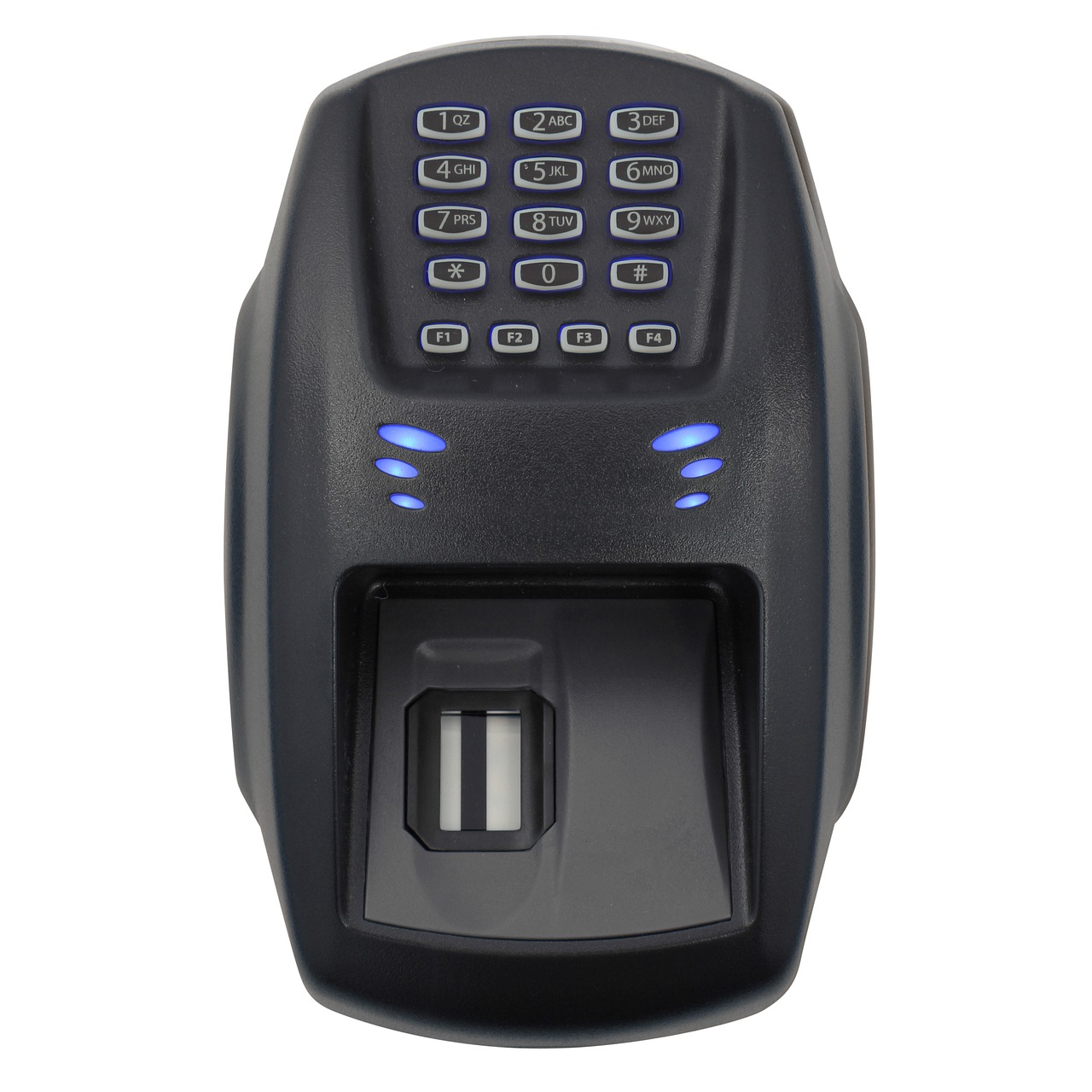As Nairobi’s real estate sector pushes into the era of digitized living, a new dilemma has emerged at the intersection of technology and privacy. In the race to offer premium experiences, developers of smart apartment Nairobi estates are installing facial recognition cameras, biometric locks, license plate readers, and app-based access systems. But while these tech amenities promise better security and convenience, they also raise a pressing question: are tenants trading away their personal privacy for digital comfort?
With data privacy in Nairobi smart apartments becoming a growing concern among renters and property watchdogs, industry players now find themselves walking a tightrope between innovation and intrusion.
A Snapshot of Smart Living in Nairobi
High-tech housing is no longer confined to Nairobi’s upscale zones like Kitisuru or Westlands. Developments in Ruiru, Syokimau, and Ruaka are now marketing themselves as “smart estates,” offering everything from smart locks and remote CCTV access to cloud-managed visitor logs. These systems collect vast amounts of personal data — including:
- Biometric data (fingerprints, face scans)
- Mobile app credentials and geolocation
- Vehicle registration data
- Visitor identity and movement logs
- Audio and visual surveillance footage
“Today’s apartments sell security as a lifestyle,” says Mr. Murimi, CTO of a Nairobi-based proptech firm. “But behind that convenience is a data trail that often goes unmanaged and unprotected.”
According to Kenya’s Data Protection Act (2019), biometric data and surveillance recordings are classified as sensitive personal data — and must be handled with clear consent, transparency, and purpose limitation. Yet, implementation remains weak in the booming real estate sector.
Read Also: Chamas to Skyscrapers: How Women Investment Groups Are Shaping Nairobi’s Mid-Tier Housing Market
Tenant Surveillance or Smart Living?
In a recent study by the Nairobi Tenants Union, 61% of tenants in smart estates said they were unaware of how their data was stored or used. Many had never been given a privacy policy or data consent form upon signing leases.
“We discovered that facial recognition systems in some buildings were linked to third-party cloud platforms hosted abroad, with no clarity on how long the data is kept or who can access it,” notes Roseline , a digital rights researcher in Nairobi.
This situation places tenants at risk of data misuse — from profiling and targeted ads to potential identity theft. Some estates even keep permanent visitor histories, storing photos and ID numbers of all guests who enter the premises.
These practices are at odds with the data protection Kenya real estate laws which emphasize proportionality and purpose-driven collection.
The Biometric Access Boom
Developers argue that smart systems reduce crime and make gated communities more efficient. Biometric access estates have seen increased popularity, especially among young professionals and returning diaspora investors.
In Ruiru, an estate known as NOVA Heights recently replaced physical keys with fingerprint scans for all doors — including individual apartments. In Kitengela, Vista Court markets facial recognition entry as a way to eliminate tailgating and unauthorized access.
But legal experts caution that facial recognition apartments Nairobi may be crossing boundaries without proper tenant education.
“Biometric data is like a fingerprint — permanent and unchangeable. If it’s leaked or misused, tenants can’t just reset it like a password,” says Peter , a data protection compliance lawyer.
Regulatory Blind Spots and Loopholes
Although Kenya’s Office of the Data Protection Commissioner (ODPC) has issued guidelines on biometric data use, enforcement remains sporadic. Few real estate companies have appointed Data Protection Officers (DPOs), a legal requirement for entities processing large volumes of personal data.
Moreover, many tech-enabled gated communities procure their smart systems from international vendors, which store data on external servers — sometimes in jurisdictions without privacy safeguards.
Kenya lacks a central database or licensing system for private CCTV operators or smart lock vendors, allowing fly-by-night installers to enter residential estates without regulatory checks
Read Also: Smart Estate Security in Nairobi: Blending Tech and Guards in Gated Communities
Case Study: Surveillance Backlash in Syokimau
In late 2023, tenants at a new estate in Syokimau staged a digital protest after discovering that their building’s smart security system was capturing audio from common areas and syncing it with video footage to an offshore server. Residents had not been informed about audio recording and were denied access to stored files when they requested clarity.
After media pressure, the estate’s management issued a vague apology but did not commit to policy reform. The ODPC launched a probe, but results remain undisclosed.
This incident highlighted the opaque nature of digital tenant profiling in Kenya and prompted renewed calls for standardized tenant data rights.
Tenant Rights and the Path Forward
The Kenya ICT Action Network (KICTANet) has proposed a Tenants’ Digital Bill of Rights, which would compel landlords and developers to:
- Disclose what tenant data is being collected and why
- Allow tenants to opt-out of certain data features (like facial recognition)
- Provide access to stored data upon request
- Erase personal data upon lease termination
- Conduct privacy audits every 12 months
Until such measures are adopted widely, tenant unions and civic tech groups recommend that renters:
- Ask for a written data privacy policy during lease signing
- Inquire about the location and duration of data storage
- Avoid using personal social media accounts to log into estate apps
- Demand clarity on third-party service providers managing their estate’s tech systems
Balancing Innovation with Privacy
The shift toward smart living is inevitable — and in many ways, beneficial. Tech-driven access systems, surveillance tools, and automation have redefined convenience and safety in modern housing. But data privacy in Nairobi smart apartments is a growing concern that needs proactive safeguards.
Without stronger regulation and tenant awareness, the very technology designed to protect residents could become a tool for overreach, profiling, or worse — exploitation.
In the rapidly evolving world of Kenyan real estate, the right to privacy must rise alongside the right to housing. Security should never come at the cost of autonomy.
Read Also: Digital Nomads and Satellite Towns: Can Nairobi’s Outskirts Become Africa’s Remote Work Capital?





